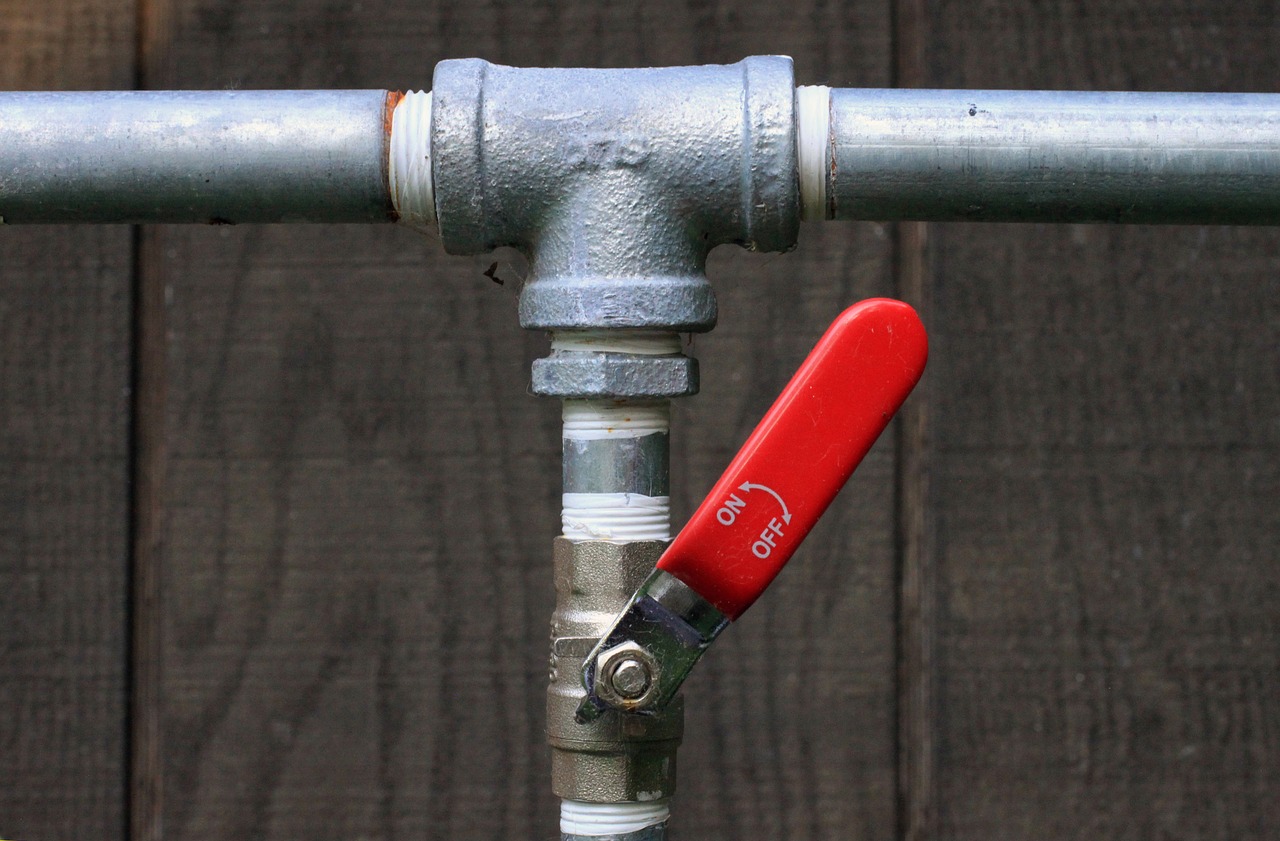
‘Escape of water’ refers to a leak of water anywhere in your home.
While you might think that burst pipes and leaks are more common in winter, it’s actually Spring that’s often the busiest time for these insurance claims.
How can you prevent escape of water in your home?
Here are some of the most common risks – and what you can do to protect against them happening in your property.
1. Burst pipes
Most claims insurers see are as a result of burst pipes. During colder weather, water can freeze in pipes, causing them to expand and burst.
The damage can be catastrophic – especially if you’re not at home when a pipe springs a leak…
Avoid this happening by:
• Ensuring your heating is triggered to come on automatically during colder weather, at a minimum of 12°C, to prevent freezing water
• Lagging pipes (insulating them) where they are exposed in unheated areas, such as garages or loft spaces
• Lagging water tanks
• Wrapping vulnerable pipes in additional electric heat tape for further insulation where required
• Filling any gaps or cracks in any pipework entering your home, particularly around bends and joints
• Disconnecting garden hoses
• If leaving your property unattended for any time, consider turning off your water supply at the stopcock and draining your water system to remove water from pipes, stopping them from freezing
2. Blocked drains and overflows of water
This issue can happen at any time of year. Sometimes, it’s not so obvious where there is an issue – such as drains backing up from further down the road, for example.
However, there are some simple steps you can carry out around the home to avoid issues occurring:
• Don’t pour oil or grease down the sink – this is a leading cause of drain blockages, and part of the cause of fatbergs in drains!
• Ensure other food waste is probably disposed of. Squashing larger bits of food waste down the plughole in your kitchen is likely to cause a blockage. Larger items can get caught up in pipework.
• Use plug screens/traps on plugholes to collect waste – this can capture food waste in the kitchen, and hair, soap and beauty products in the bathroom. Clean them regularly to avoid blockages in your sinks, which will lead to
overflows of water.
• Only flush toilet paper and human waste down the toilet. Anything else does not belong there and can easily cause backup in the pipework or drains – and again, thinks like baby wipes and sanitary towels can cause those dreaded
fatbergs!
• Ensure seals around your bath and shower are properly maintained
• Use drain unblocker to keep pipes and drains clear. Many brands are available, but if you are worried about corrosive substances, baking soda and white vinegar are great for naturally breaking up blockages. Pour the soda down the
drain first, followed by not boiling, but very warm water.
3. Issues with appliances
Washing machines, dishwashers, fridge freezers… all these things can cause escape of water in the home.
The solution here is simple enough. Make sure that everything is plumbed in correctly, to avoid any escape of water from joints and fixings.
Remember to remove any filters from appliances such as washing machines regularly, to ensure they are free of lint and debris.
4. Faulty heating
Making sure your boiler has been serviced is the starting point for maintaining your heating system.
Monitor the pressure in your boiler. Make sure that it is not too high or too low, to avoid causing issues with the flow of water around sealed pipework in your property. Be aware of how to increase or decrease the pressure on your boiler to avoid issues occurring.
You should also bleed radiators, especially if your heating is turned on and your radiator remains cold, to avoid air bubbles building up. This can also cause issues with pressure and inefficiency in your heating system, potentially increasing your bills in the process as your heating system works harder to heat your home. Just make sure you turn off your heating to avoid scalding yourself before commencing bleeding.
5. Guttering and downspouts
Overflowing guttering or cracks in downspouts can cause water to come through ceilings and walls.
Keep your guttering clear by frequently removing moss, tree leaves and other debris. This is especially important as deciduous plants shed their leaves in autumn, compacting in guttering under the weight of rainfall or snow.
What to do if you have an escape of water in your property
Don’t panic. Go through the basics to stop further issues occurring, then contact our claims line to report the issue.
With the most common and dramatic issues occurring due to burst pipes, make sure you:
• Turn the water off at your main stopcock to prevent further water damage
• Open all taps to drain your pipes of water as quickly as possible
• Turn off your power to shut down electrical devices
• Take photos of damage incurred, when safe to do so
• Get a plumber to assess the damage and report on it
Following an escape of water – get in touch
Give Quoteline Direct’s home insurance claims line a call on 0161 874 7754 to make a claim on your insurance. We’ll guide you through the process and try to take away the strain at a stressful time for you.
Worried about flooding?
Get more advice on how to prepare before floods occur, and what to do when they hit, here.
Get a quote for your home or landlord insurance
Make sure your property is covered. Get a quote online for home or landlord insurance with Quoteline Direct.
HOME INSURANCE LANDLORD INSURANCE
